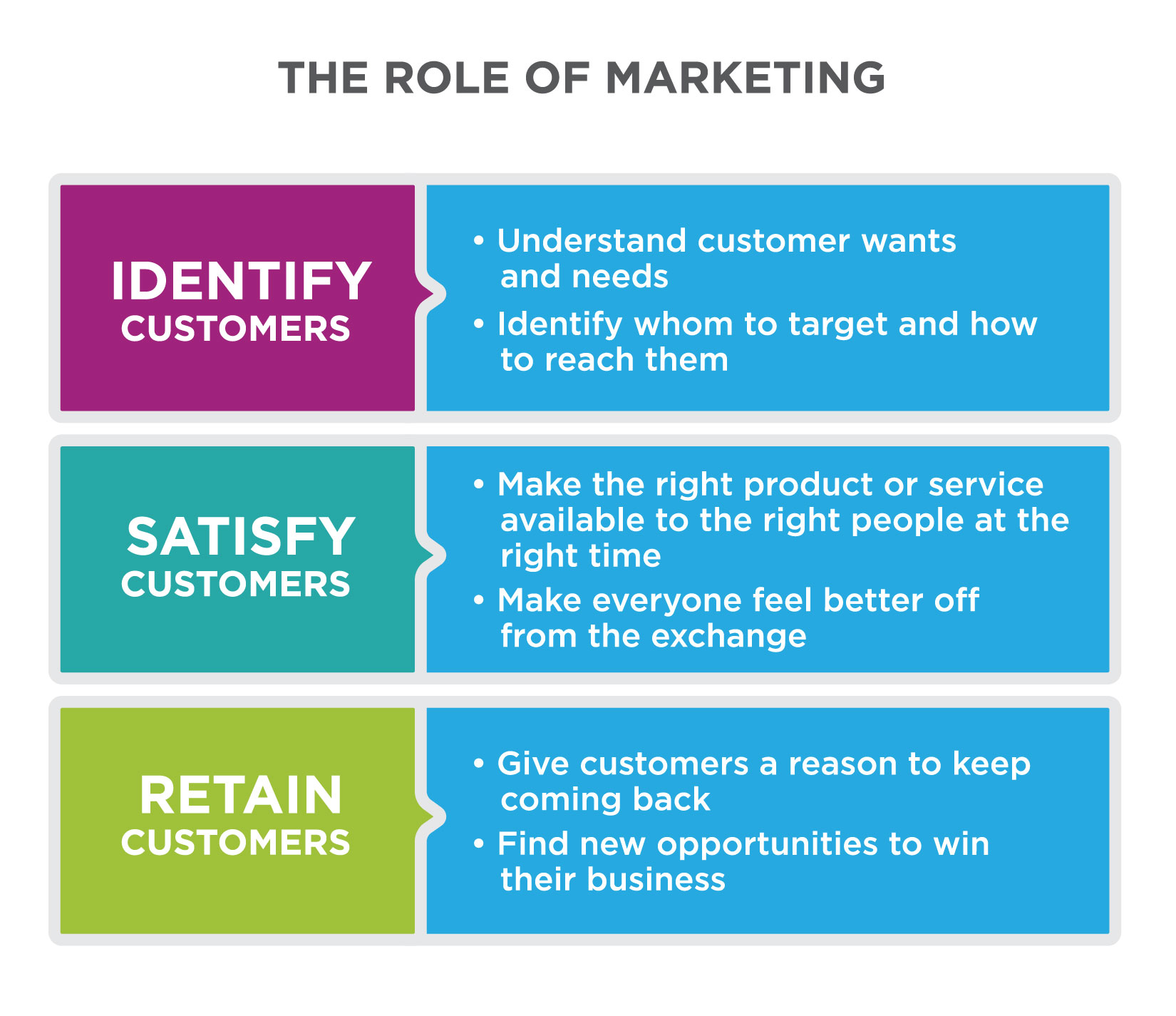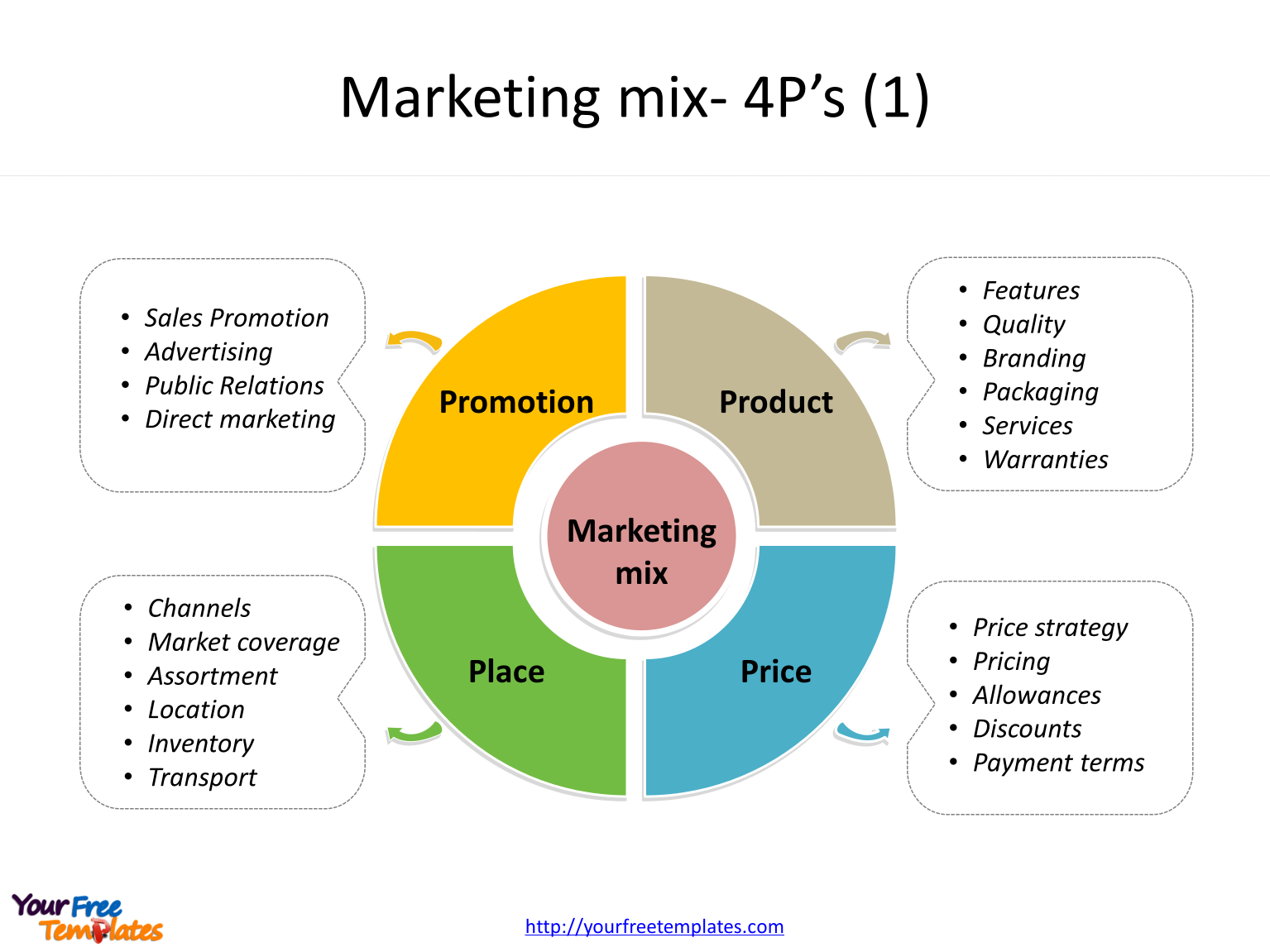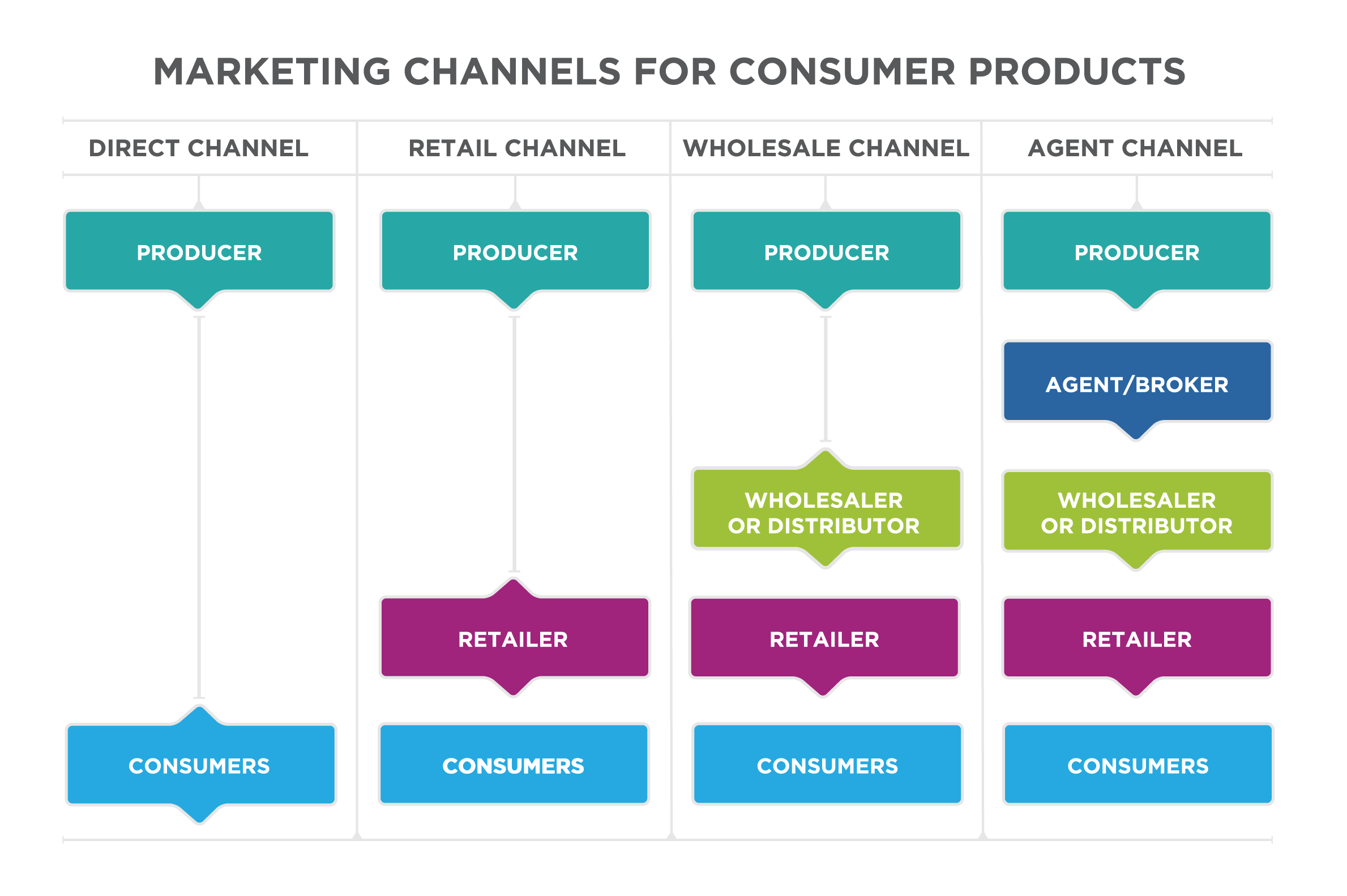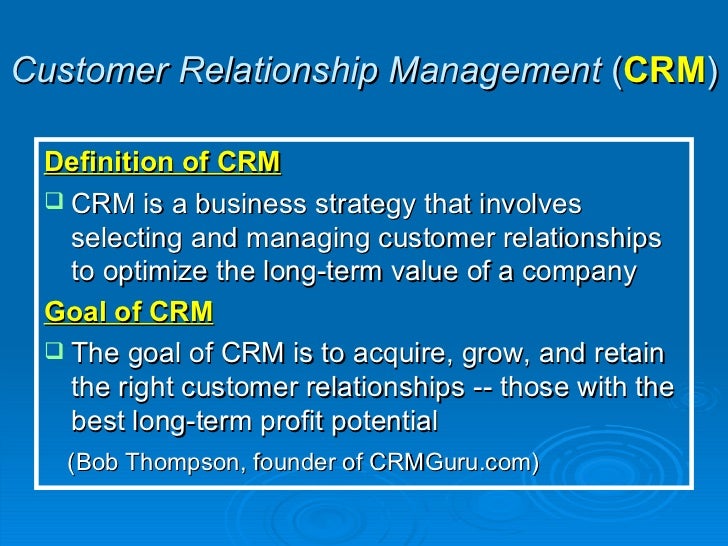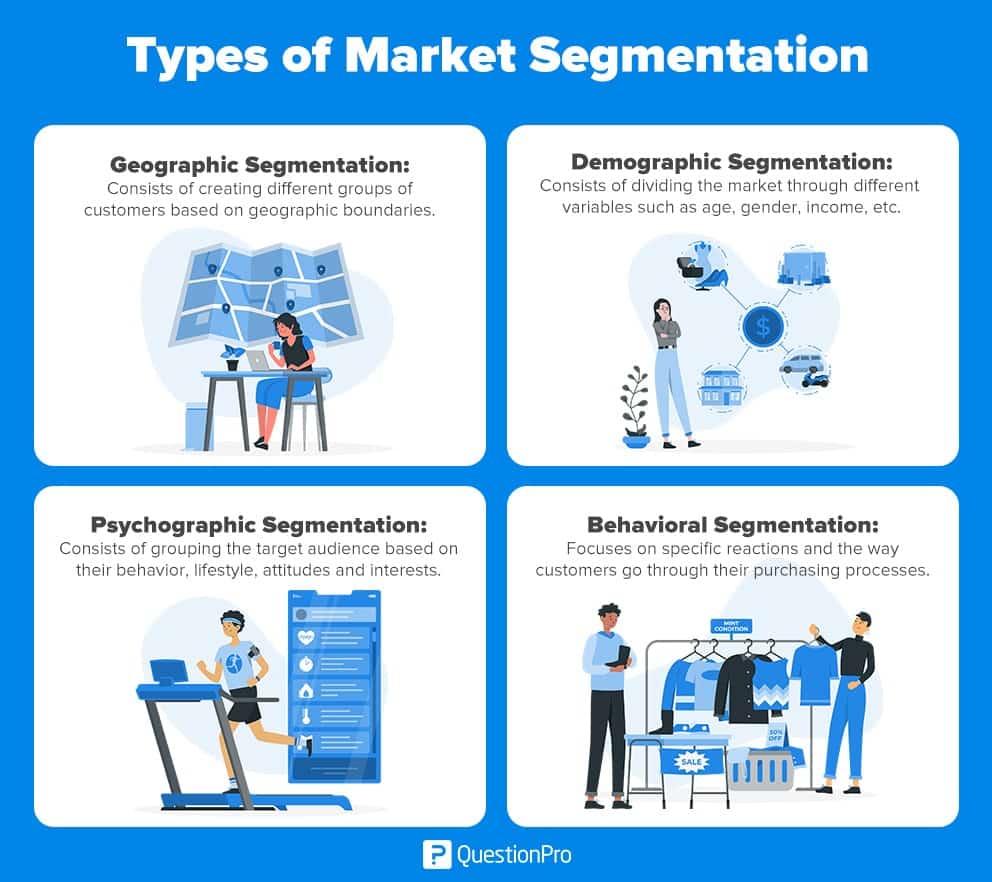Marketing Management Presentation
| Introduction to Marketing Management | ||
|---|---|---|
| Marketing management is the process of planning, organizing, implementing, and controlling marketing activities to achieve organizational objectives. It involves analyzing market opportunities, developing marketing strategies, and effectively managing marketing resources. The goal of marketing management is to create value for customers while maximizing profitability for the organization. | ||
| 1 | ||
| Importance of Marketing Management | ||
|---|---|---|
| Marketing management helps organizations identify and understand customer needs and wants. It enables organizations to develop and implement effective marketing strategies to reach target customers. Effective marketing management ensures the allocation of resources to the most profitable marketing activities. | ||
| 2 | ||
| Marketing Planning | ||
|---|---|---|
| Marketing planning involves setting marketing objectives and developing strategies to achieve them. It includes conducting market research, analyzing the competition, and identifying target markets. Marketing planning helps organizations make informed decisions and allocate resources effectively. | ||
| 3 | ||
| Marketing Mix | ||
|---|---|---|
| The marketing mix refers to the combination of product, price, place, and promotion strategies used by organizations. Product: Developing and offering products that meet customer needs and wants. Price: Determining the right price to maximize profitability and attract customers. | ||
| 4 | ||
| Marketing Mix (Continued) | ||
|---|---|---|
| Place: Deciding on the distribution channels and locations to make products accessible to customers. Promotion: Creating and implementing marketing communication strategies to inform and persuade target customers. Your third bullet | ||
| 5 | ||
| Customer Relationship Management (CRM) | ||
|---|---|---|
| CRM involves managing relationships with customers to maximize customer satisfaction and loyalty. It includes activities such as customer acquisition, retention, and development. CRM helps organizations build long-term relationships with customers and enhance customer lifetime value. | ||
| 6 | ||
| Market Segmentation | ||
|---|---|---|
| Market segmentation is the process of dividing a market into distinct groups of customers with similar characteristics and needs. It enables organizations to target specific customer segments and develop tailored marketing strategies. Market segmentation helps organizations focus their resources on the most profitable customer segments. | ||
| 7 | ||
| Marketing Performance Measurement | ||
|---|---|---|
| Marketing performance measurement involves evaluating the effectiveness and efficiency of marketing activities. It includes measuring key performance indicators (KPIs) such as sales, market share, customer satisfaction, and return on investment. Marketing performance measurement helps organizations assess the success of their marketing efforts and make necessary improvements. | ||
| 8 | ||
| Marketing Ethics and Social Responsibility | ||
|---|---|---|
| Marketing ethics refers to the moral principles and standards that guide marketing practices. Organizations should engage in ethical marketing practices to build trust with customers and maintain a positive brand image. Marketing managers must also consider social and environmental responsibilities in their decision-making processes. | ||
| 9 | ||
| Conclusion | ||
|---|---|---|
| Marketing management is a crucial function for organizations to achieve their marketing objectives and drive business success. It involves various processes, such as marketing planning, the marketing mix, customer relationship management, and market segmentation. Effective marketing management requires continuous monitoring, evaluation, and adaptation to changing market conditions. | ||
| 10 | ||
| References (download PPTX file for details) | ||
|---|---|---|
| Your first bullet... Your second bullet... Your third bullet... |  | |
| 11 | ||

